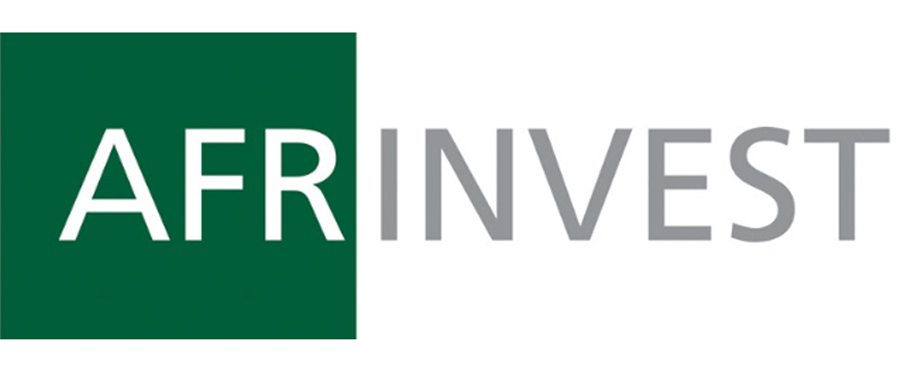A Nigeria-based investment bank and research advisory firm, Afrinvest has said that the Federal Government must engage in tough reforms or risk talking of a bigger problem than what we have now in the future. The firm’s Group Managing Director, Mr. Ike Chioke, said this at a press conference unveiling the company’s economic outlook for 2017 which was titled ‘Reform or be Relegated’.
Comparing Nigeria’s case with those of similar commodity-driven economies like Brazil and South Africa, Chioke highlighted the difference in responses to lower commodity prices. “While we have refused to reform, because of either political, religious or ethnic tensions, other countries similar to Nigeria that have similar commodity driven environment, such as Russia, Brazil and South Africa, because they reformed very rapidly, they have been able to attract enough foreign direct investments (FDIs) and foreign portfolio investments (FPIs) flows.”
“Last year, Nigeria only recorded $2.1 billion of FDI, compared to $5.6 billion in 2015. When you compare that to Brazil, in 2015, they recorded $261 billion of FDI flows. In 2016, because they reformed quickly, they went up to nearly $340 billion. So, in an environment where we are going down, Brazil is going up.”
He also cited the eternal delay of the Petroleum Industry Bill, Niger Delta militancy anf others as examples of Nigerian leadership refusing to take problems by the horn but rather looking for palliative measures that bring no lasting good.
According to him, key reforms in the currency market, petroleum downstream sector, power and other key sectors of the economy were required in order to put the ailing economy on the path of growth. The outlook on prices of commodities still suggested that the inflation rate will remain in double digits as potential new shocks from an increase in energy prices (fuel and electricity) and possible currency devaluation take effect.
The outlook further advised the Central Bank of to fully hands off the forex rate and allow it be determined by market forces. “If the CBN did take a plunge to make it really market-driven, we can see that even the 400/dollar rate may appreciate later on, bringing to something below 400/ dollar.” Chioke said




















